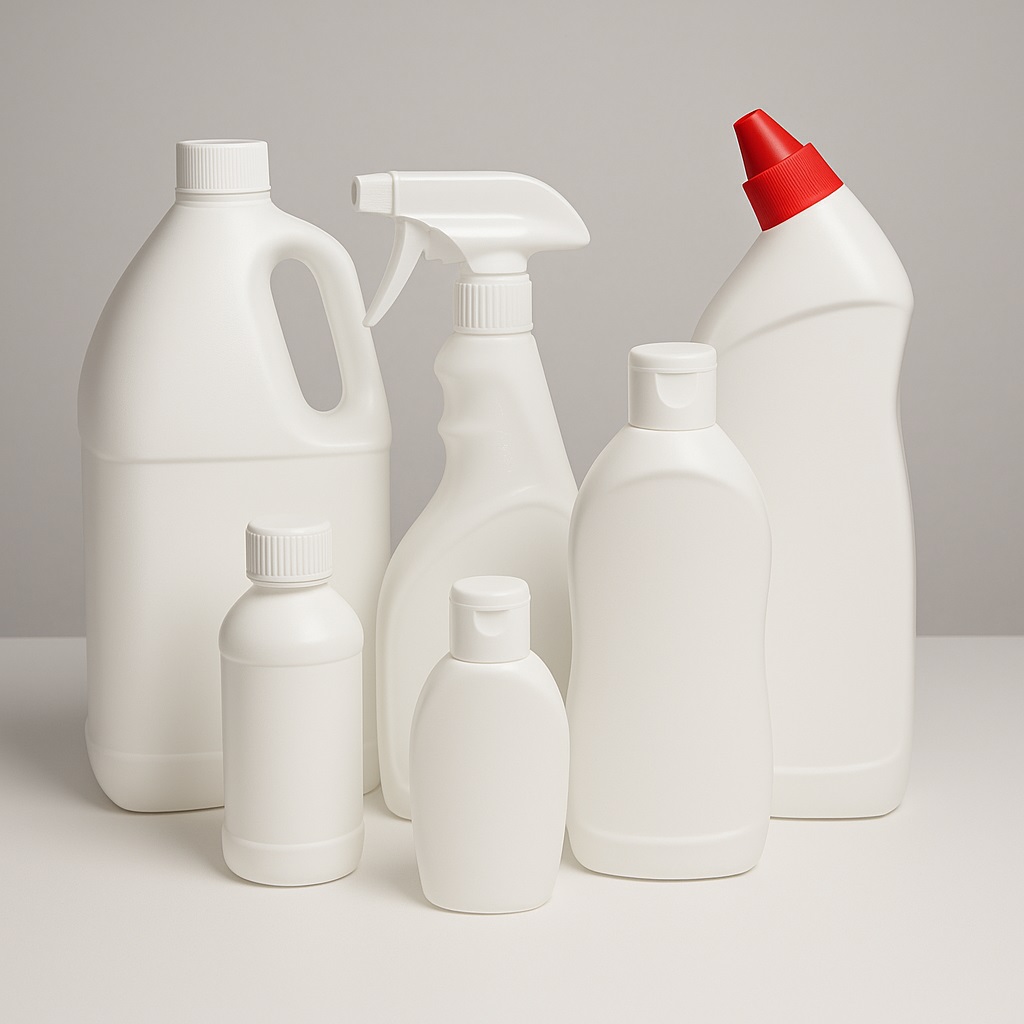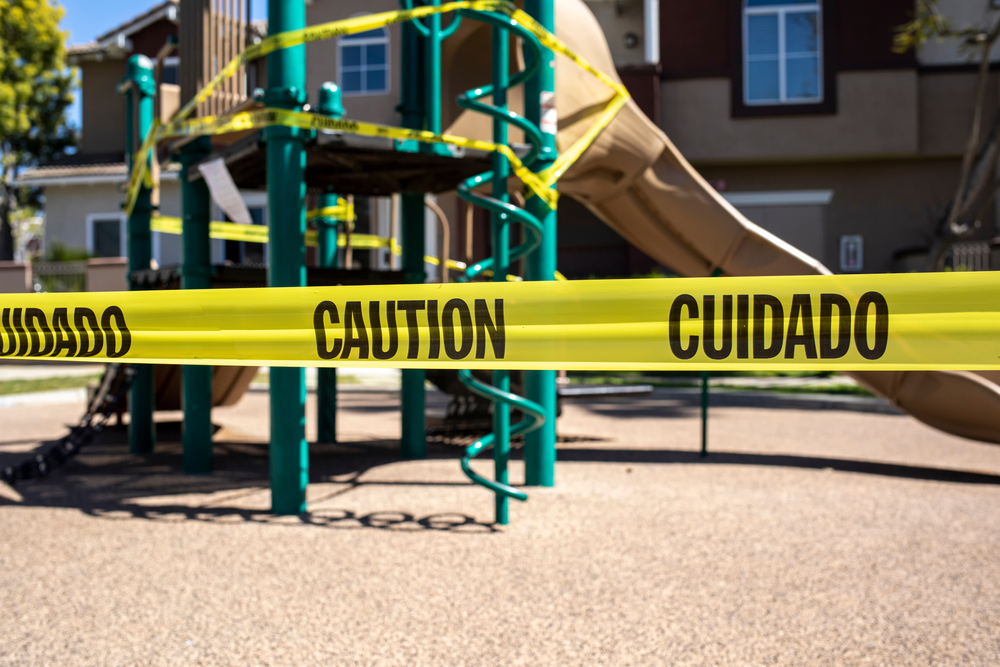
Justice for Victims of Dangerous Products in Texas
When dangerous or defective products cause serious injuries, illnesses, or death in Texas, victims have legal protections under state product liability law. If you or a loved one has been harmed by a faulty consumer product, understanding your rights and the legal framework in Texas can help you pursue appropriate compensation from manufacturers, distributors, or retailers.
Understanding Dangerous and Defective Products Under Texas Law
Texas law recognizes three primary categories of product defects that can form the basis of a legal claim. Design defects occur when the product's original design contains inherent flaws that make it unreasonably dangerous, even when manufactured correctly. Manufacturing defects arise when errors during the production process create dangerous conditions that deviate from the intended design. Marketing defects, also known as failure to warn, happen when manufacturers fail to provide adequate instructions or safety warnings about known risks associated with the product.
Common examples of dangerous products that cause injuries in Texas include faulty electronics or appliances that overheat or catch fire, defective automotive parts such as brakes, airbags, or tires that fail unexpectedly, unsafe children's toys or furniture with choking hazards or structural weaknesses, contaminated food products or pharmaceuticals, and hazardous household products lacking proper safety warnings or containing toxic substances.
Texas Product Liability Legal Framework
Texas follows a modified strict liability standard for product liability cases, which provides important protections for consumers. Under Texas Civil Practice and Remedies Code Chapter 82, plaintiffs must prove that the product was defective when it left the manufacturer's control and that the defect was a producing cause of the plaintiff's injury or damage. Unlike pure negligence claims, strict liability means you do not need to prove that the manufacturer intended to cause harm or acted carelessly.
The Texas Products Liability Act establishes that manufacturers, distributors, and retailers can all potentially be held liable for injuries caused by dangerous products. However, Texas law includes certain protections for sellers who did not manufacture the product, provided they meet specific criteria regarding their role in the distribution chain.
Texas applies a modified comparative fault system, meaning that if the injured party is found to be partially at fault for their injuries, their recovery may be reduced by their percentage of responsibility. If the plaintiff is found to be more than 50 percent at fault, they may be barred from recovery entirely.
Statute of Limitations and Filing Requirements in Texas
Texas law establishes strict time limits for filing product liability claims. Generally, you have two years from the date you discovered or should have discovered the injury to file a lawsuit. This discovery rule can be particularly important in cases involving latent defects or conditions that develop over time, such as exposure to toxic substances.
For wrongful death cases involving dangerous products, the statute of limitations is also two years from the date of death. However, there are certain exceptions and complications that can affect these time limits, making it crucial to consult with an experienced attorney as soon as possible after discovering an injury.
Texas also has a statute of repose that generally bars product liability claims more than 15 years after the product was first sold, with some exceptions for certain types of products or circumstances.
Steps to Take After a Dangerous Product Injury in Texas
Taking prompt and appropriate action after being injured by a dangerous product can significantly impact your ability to recover compensation. Your first priority should always be seeking immediate medical attention, both for your health and to create a medical record documenting your injuries and their connection to the defective product.
Preserving evidence is crucial in product liability cases. Keep the dangerous product and all packaging, instructions, and warranty materials as evidence. Do not attempt to repair the product or dispose of it, as this evidence may be essential to proving your case. Take detailed photographs of the product, showing the defective condition, and document your injuries with photographs as well.
Maintain detailed records of all medical treatment, expenses, and how the injury has affected your daily life and ability to work. Keep receipts for all purchases related to the product and any resulting medical care. Report the incident to the manufacturer or retailer, but be cautious about making detailed statements without legal representation.
Damages Available Under Texas Product Liability Law
Texas law allows injured parties to recover various types of damages in successful product liability cases. Economic damages include medical expenses, both current and future, related to treating injuries caused by the defective product. This encompasses hospital bills, doctor visits, prescription medications, rehabilitation services, and any necessary medical equipment or modifications to your home.
Lost wages represent another significant category of economic damages. If your injuries prevent you from working, you may be entitled to compensation for lost income, reduced earning capacity, and lost benefits. In cases involving permanent disabilities, expert testimony may be required to calculate future lost earnings.
Non-economic damages in Texas include pain and suffering, mental anguish, disfigurement, and loss of enjoyment of life. These damages recognize that injuries often involve more than just financial losses and can significantly impact quality of life.
Texas law also allows for exemplary damages, also known as punitive damages, in cases where the defendant's conduct was particularly egregious. However, these damages are subject to specific statutory caps and requirements that must be carefully considered.
The Role of Expert Witnesses in Texas Product Liability Cases
Product liability cases in Texas often require extensive expert testimony to establish the technical aspects of defective products and their connection to injuries. Engineering experts may be needed to explain design defects or manufacturing flaws, while medical experts can testify about the injuries and their relationship to the product defect.
In some cases, industry experts or former employees of manufacturing companies may provide valuable testimony about industry standards, quality control processes, or corporate knowledge of dangerous conditions. Economic experts may be necessary to calculate lost earning capacity or future medical expenses in cases involving serious injuries.
Defenses Available to Manufacturers and Distributors
Texas law provides several potential defenses that manufacturers and other defendants may raise in product liability cases. The misuse defense applies when the product was used in a way that was not reasonably foreseeable by the manufacturer. However, manufacturers are generally expected to anticipate certain types of misuse and design products to be reasonably safe even when misused.
Assumption of risk is another defense that may apply when the plaintiff voluntarily and knowingly encountered a specific danger. However, this defense is limited and generally requires clear evidence that the plaintiff had actual knowledge of the specific risk and voluntarily chose to encounter it.
Comparative fault, as mentioned earlier, can reduce or eliminate recovery if the plaintiff's own actions contributed to the injury. This defense requires careful analysis of the specific facts and circumstances surrounding the incident.
Frequently Asked Questions About Texas Dangerous Product Claims
What is the statute of limitations for product liability claims in Texas?
In Texas, you generally have two years from the date you discovered or should have discovered the injury to file a product liability lawsuit. There is also a 15-year statute of repose that generally bars claims after that time period.
Who can be held liable for a defective product injury in Texas?
Under Texas law, manufacturers, distributors, and retailers may all be held responsible for injuries caused by dangerous or defective products, depending on their role in the chain of distribution.
What types of product defects are recognized under Texas law?
Texas recognizes three types of product defects: design defects (flaws in the product's original design), manufacturing defects (errors during production), and marketing defects (failure to provide adequate warnings or instructions).
How does comparative fault affect product liability cases in Texas?
Texas follows a modified comparative fault system. If you are found to be partially at fault for your injury, your recovery may be reduced by your percentage of responsibility. If you are more than 50% at fault, you may be barred from recovery.
Browse Articles for "Dangerous & Defective Products" in Texas:
Start Your FREE Consultation
Complete the form for a Free Consultation. No upfront fees, swift action, and we’re only paid when we succeed for you.
Ask Us If You Qualify
We’re here to help you take on your fight—whether it’s a car accident, a dangerous drug, or a workplace injury gone wrong. One call starts it all, and we’re with you every step, no upfront cost required.
- Free Case Review
- No Fees Until Victory
- Millions Recovered
- Personal Strategy
- California Coverage
- Relentless Case Pursuit

